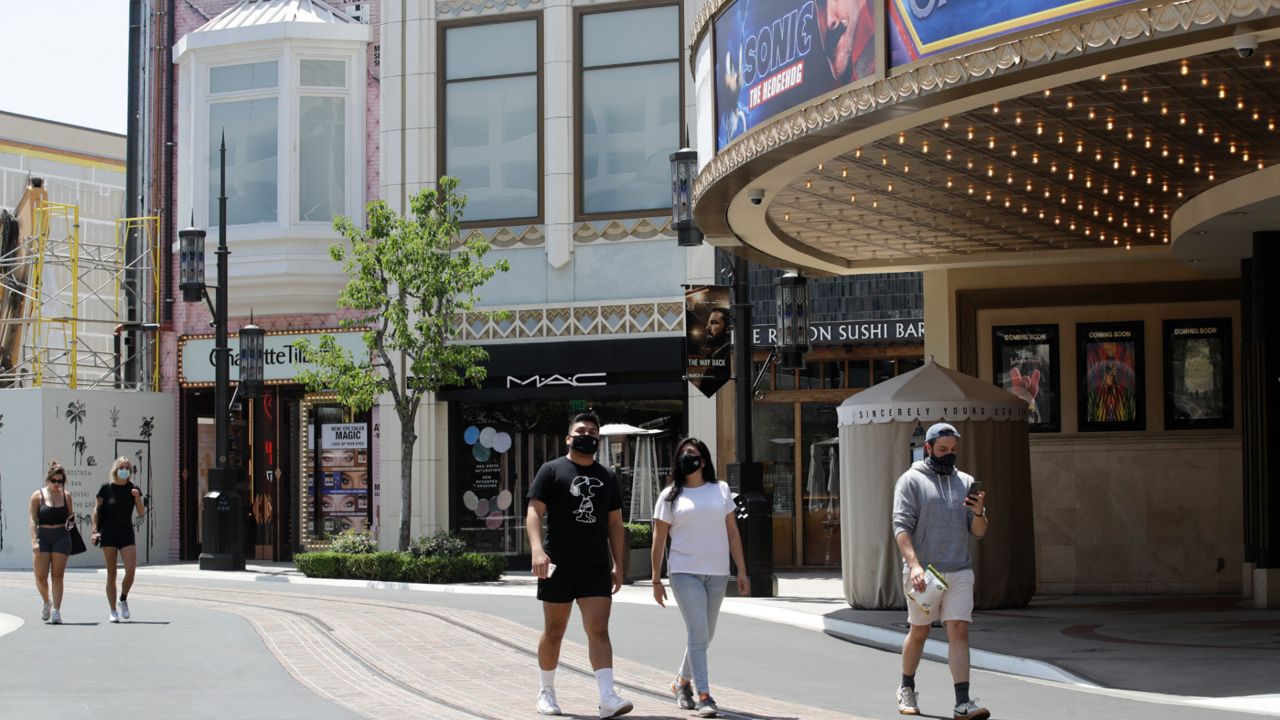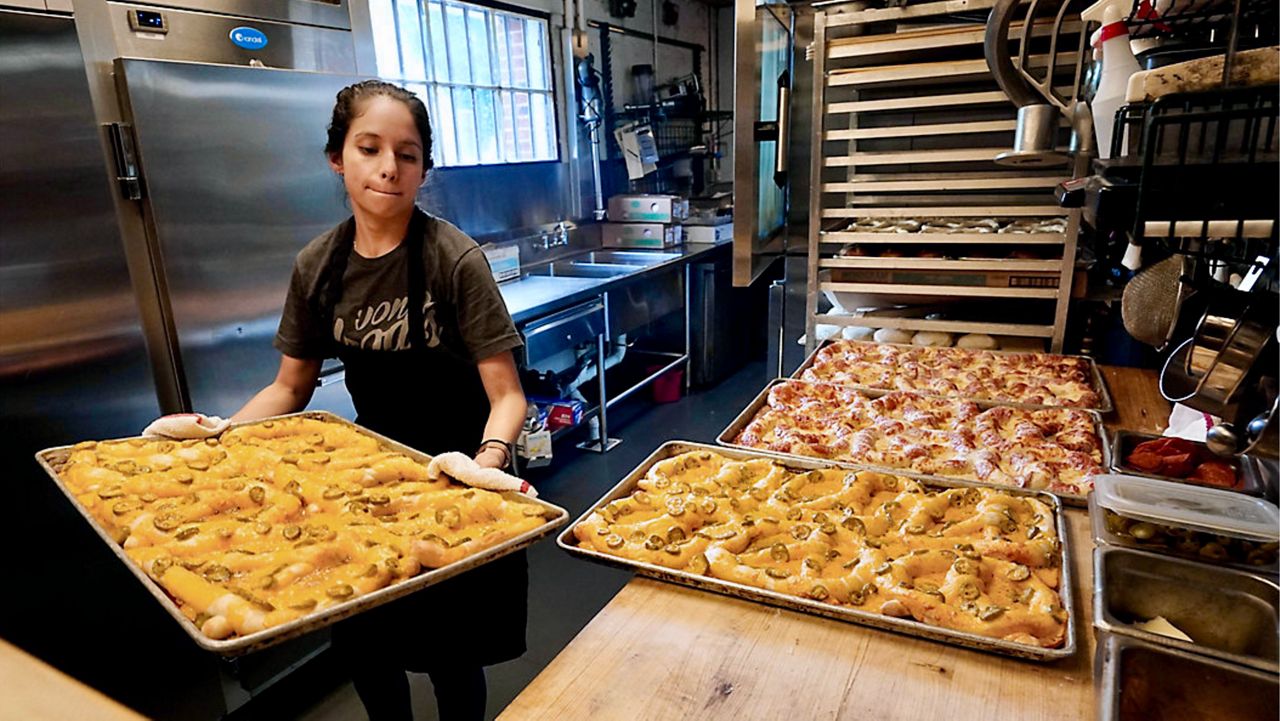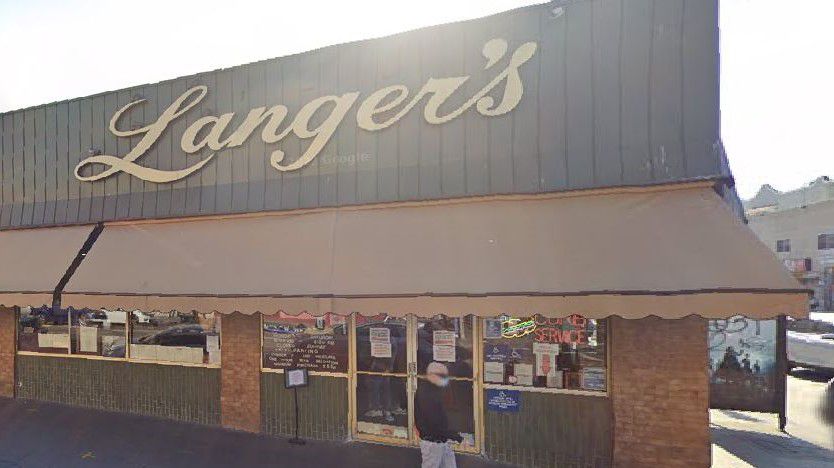As a longtime small business owner, Wynnsan Moore knows California is an expensive state to operate in.
Minimum wage, insurance, and other expenses and taxes go up every year, said Moore, who is the owner of Third Encore Studios, a company that provides rehearsal and studio space in Orange County and Los Angeles and rental equipment for those in the music industry.
But a new initiative on the November ballot, Prop. 15, could make the cost of operating in the state even more expensive and for Moore, drive him out of business, he said.
“I already did the calculation: if Prop. 15 passes, my property tax will go up 215 percent,” Moore said. “We’re struggling right now just to get our head above the water… I don’t even know if we can stay in business because our profit margins are so thin.”
With the November election just a couple of months away, voters will have to decide on the outcome of a new ballot measure that could have serious unintended consequences and implications for businesses and public education in the state, experts say.
In many ways, Prop. 15, which would reassess commercial properties and fund schools, is a true Catch-22.
“On one side, you're going to have folks worried about the quality of education from the public schools in the state,” Lee & Associates Principal Dan Bacani said. “And on the other hand, you’re going to have other folks worried about if they are going to have their job.”
Backed by an organization called Schools and Communities First, Prop. 15 also known as the “Split-Roll,” is an initiative that would reassess property tax on non-agricultural commercial and industrial properties to its current market rate value and use money generated from the new tax to fund public education and community needs.
Currently, commercial and residential property taxes in the state are based on the last purchase price under Prop. 13, a 1978 initiative that limits annual property tax hikes to no more than 2 percent. This ballot would “split” the tax protection of commercial and residential property. Residential homeowners’ tax base will remain the same.
Under the ballot measure, commercial and industrial properties valued at more than $3 million would be reassessed at market value every three years, starting in 2022 to 2023.
Advocates of Prop. 15 say the new commercial tax base could generate $8 billion to $12 billion a year, with 40 percent of that money going to local public schools and community colleges. The other 60 percent would go to local governments.
“Before COVID-19 hit, California was on the bottom quarter in student spending in the U.S.,” said Schools and Communities Firs and Yes on Prop. 15 spokesman Alex Stack. “We’re the fifth-largest economy, yet we’re behind a large majority of states in student spending. That was before the crisis happened. Now, the need is even more dire.”
Depending on the study, many education groups have ranked California’s per-student spending between 29th and 41st in the nation. The state spends roughly $12,000 a year per-student, according to studies. Gov. Gavin Newsom, teachers unions, and Facebook's Mark Zuckerberg and wife, Priscilla Chan, are among the initiative's biggest backers.
Stack added that 10 percent of the commercial property owners in the state would pay 92 percent of the new property tax.
“What we’re trying to do is to close the corporate tax loophole,” Stack said.
A recent survey by the Public Policy Institute of California shows that 51 percent of voters are in favor of Prop. 15, with 40 percent against it and 9 percent unsure.
Opponents of the measure that includes several business groups and chambers of commerce say the passage of Prop. 15 could be a death knell for small and large businesses in the state.
California has more than four million small businesses that employ 7.1 million employees—or roughly 48 percent of the state’s workforce, according to the U.S. Small Business Administration. These statistics were before the coronavirus pandemic, which forced many nonessential businesses to close and furlough or lay off employees.
Because many small and large businesses have triple net lease agreements with landlords and property owners, any increased property tax would get passed onto them, Bacani said. Under a triple net lease or NNN lease agreement, a tenant or lessee pays all of the property’s expenses, including maintenance and property tax.
“Even though it sounds good, that money [from Prop. 15] is going to schools and community colleges, especially in the wake of the coronavirus, we’re seeing the other ramifications,” Bacani said. “A lot of those commercial tenants employ a lot of workers. If this passes, this is going to have a nuclear effect in businesses.”
Coreland Cos. Principal Vicky Hammonds is the Southern California Operations Chair of the International Council of Shopping Centers, a retail and shopping center trade organization. Coreland, a property management firm, has been actively talking to their tenants about the serious implications of the bill.
Hammonds said the businesses most impacted by Prop. 15 would be minority and family-owned businesses.
“This is a critical issue,” Hammonds said. “Not all retail centers are owned by large corporations. Many of these centers are owned by small mom-and-pop and family or single operators."
NewMark Merrill Cos. President Sandy Sigal owns several retail centers in California. He said if this bill passes, property owners like him would be forced to either increase rent or pass on the new tax cost to his tenants.
"California is already expensive," Sigal said. "This doesn't just impact shopping centers, but we're talking about office buildings, manufacturing plants, and industrial buildings. What do you think is going to happen when they continually see their prices go up? Those businesses are going to move out of state to places where it’s cheaper."
Moore, the owner of Third Encore, said it's not just the businesses that will have to pay more. If he and other tenants receive a higher property tax bill, they'll have to charge customers more. Whether it's goods or, in Moore's case, studio space and audio equipment, all of those prices will go up. He estimates that he'll have to charge at least 10 percent more.
"We need to look beyond the demonizing of landlords and property owners," Moore said. "We have to realize who is really going to pay for this – it is the average joe in higher prices."










